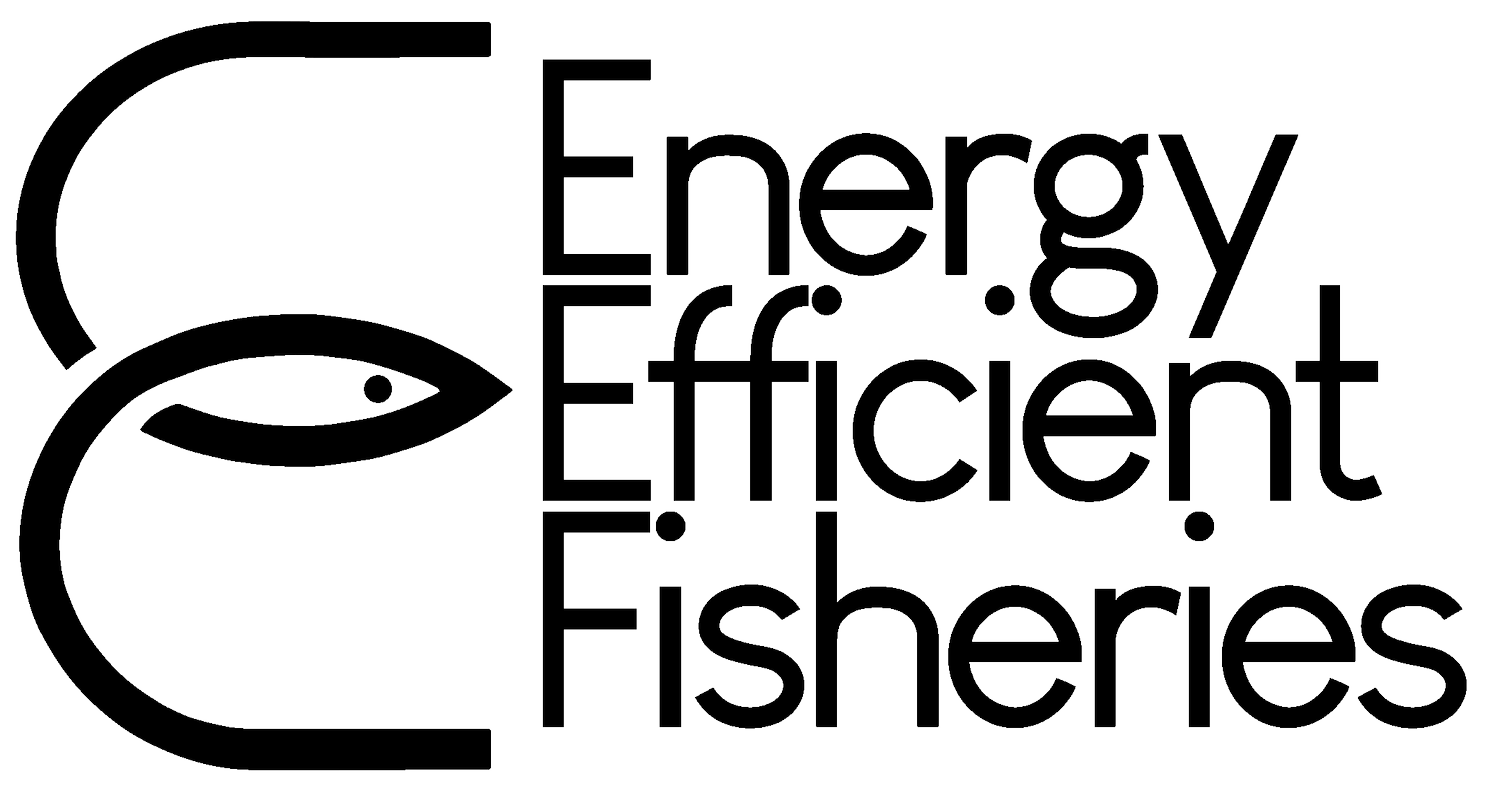EEF is working with commercial fishermen across Massachusetts to study energy efficiency and test solutions
Phase 1 - Establish the fishing vessel energy use baseline (2023-2024)
Establishing an energy use baseline for fishing vessels is crucial for two key reasons: unlocking potential for efficiency upgrades and crafting an energy use assessment for each Massachusetts fishing vessel. First, a baseline paints a detailed picture of a vessel's current energy consumption across different activities (steaming, fishing, refrigeration and deck equipment), highlighting areas where significant energy savings can be made. Secondly, a baseline serves as a benchmark against which the effectiveness of future energy-saving measures can be evaluated. Our team of experienced technicians and engineers install sensors on main drive engines, generators, hydraulic motors, and other high-load systems determine how much energy is used on board with pinpoint accuracy. The baseline is the foundation upon which a successful energy use assessment program will be built, enabling targeted upgrades and driving tangible improvements in fuel consumption and emissions reductions.
Phase 2 - Release a free vessel energy use assessment tool (Early 2025)
A fishing vessel energy use assessment is a comprehensive evaluation of how a vessel consumes fuel and uses energy. It's like taking a detailed energy inventory, using specialized tools to estimate fuel flow, electrical currents, and energy usage across all onboard systems, from the engine and propeller shaft to refrigeration units, lights, and deck gear. This detailed picture unlocks a treasure trove of insights. The assessment identifies areas of inefficient energy consumption and reveals opportunities for optimization, such as switching to LED lighting or installing variable speed drives on pumps. Ultimately, the assessment empowers a vessel owner to make informed decisions about energy-saving upgrades. By implementing the recommended improvements, they can reap a range of benefits: lower fuel costs, reduced emissions, improved operating efficiency, and a more sustainable fishing operation. Our energy use assessment tool will be available for free and allow any vessel owner/operator to assess their energy and estimate their fuel savings with different efficiency options currently available on the market.
Phase 3 - Implement technology pilot projects (2025-2027)
During the final two years of the project, we will take everything we’ve learned about fuel use and energy efficiency on Massachusetts fishing vessels and implement one or more capital-intensive pilot projects to demonstrate new technologies for emissions reduction. We’ve dedicated over $500,000 for these pilot projects, and we hope to leverage these funds against other opportunities in order to raise additional funds and maximize the opportunity for the fleet and to reflect a broader set of promising cutting-edge engineering options.



